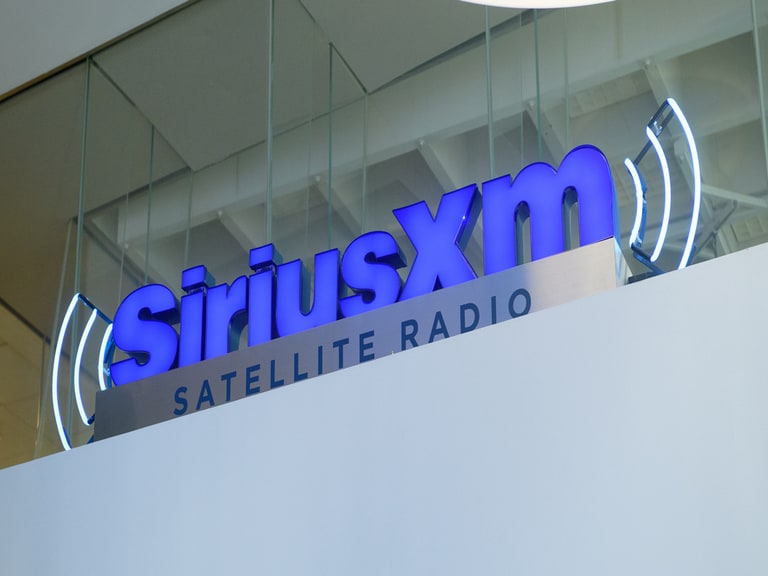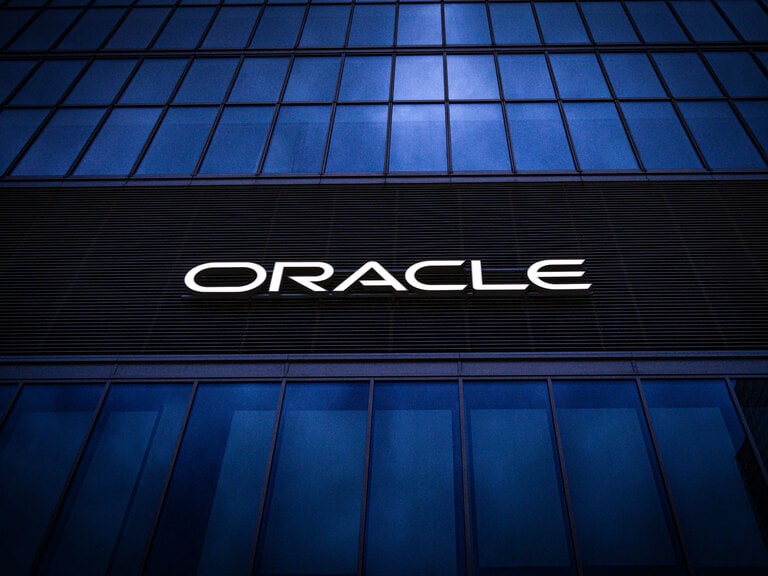Just a couple of months ago, the German payment processor Wirecard [WDI.DE] was still considered a fintech darling. It’s share price in January climbed to highs just above €140. Now it’s on the brink of insolvency.
Having reached a 52-week high of €159.80 in early September last year, Wirecard’s share price has since plummeted.
On 9 July, Wirecard’s share price closed at €2.48 — down 97.8% for the year. Behind the slump is an accounting scandal that was first hinted at a number of years ago.
From darling to disgraced
Allegations against Wirecard were first made by a group of anonymous short sellers in 2016, according to a timeline of Wirecard’s chequered history produced by the Financial Times.
Previous investigations and external audits had not lead to anything concrete. In fact, a 2017 audit conducted by EY found improved cash generation, renewing investors’ willingness to buy the stock. Wirecard’s share price climbed to close up 128% that year.
128%
Wirecard's share price rise in 2017
All this came to a head at the start of that year when a report by the Financial Times alleged that there was some curious accounting going on at Wirecard. Then in early February, police raided Wirecard’s offices in Singapore.
But by 2019 people began to ask, could one of Europe’s largest fintech firms really be as valuable, if not more, than Deutsche Bank [DBK]?
At the time, KPMG was hired by Wirecard to conduct an audit, the findings of which were released in April 2020. As the Financial Times noted, the audit firm reported a number of “obstacles” during its investigation and questioned €1bn of cash balances, In mid-June, it is revealed that documents provided to EY, which detailed €1.9bn in balances were “spurious”.
Two days later, on 18 June, the Financial Times reported that auditors of the group warned that the €1.9bn was “missing”. Following the news, Wirecard’s share price fell 61.81% as the payment processor raced to find the missing money. A matter of days later, the company announced that the €1.9bn did not exist. Three days later it announced that it would be filing for insolvency. Following the announcement, Wirecard’s share price fell 71.3% on 25 June.
71.3%
Amount Wirecard's share price fell on 25 June after insolvency announcement
Will competitors gain from Wirecard’s misfortunes?
Wirecard’s share price gives it a valuation of €284.38m as of 10 July. This is a far cry from the dizzying €28bn valuation it had achieved in August 2018, a month prior to it replacing Commerzbank [CBK] in the DAX 30 index.
Despite filing for insolvency, in the days after the announcement, the share price staged a dead cat bounce. Thanks to hedge funds committing to short positions, the share price had risen 347% since the close of trading on the 26 June until it peaked on 30 June. The share price has since trailed off again.
Part of the reason for the stock’s temporary rise is the noise around some of Wirecard’s assets being purchased by French payments firm Worldline [WLN.PA]. Wirecard is reportedly marketing its assets to Worldline, which acquired payments solution provider Ingenico earlier this year, as well as several other suitors.
“The merged Worldline/Ingenico entity will be a net beneficiary from Wirecard’s troubles, thanks to its pan-European acquiring offering, strong position in the DACH region [Austria, Germany and Switzerland], online processing capabilities and experience in key verticals,” analysts at Jefferies wrote in a note seen by MarketWatch
“The merged Worldline/Ingenico entity will be a net beneficiary from Wirecard’s troubles, thanks to its pan-European acquiring offering, strong position in the DACH region [Austria, Germany and Switzerland], online processing capabilities and experience in key verticals” - Jefferies analysts
Worldline could be one of the firms to benefit from Wirecard’s demise, regardless of whether any acquisitions take place, Bloomberg suggested.
In emailed comments seen by the publication, Stephane Houri, an analyst at Oddo BHF, noted that it was “impossible to say who will win at this stage”, but that Worldline is well-positioned to take advantage of the collapse due to its exposure to German markets after having acquired Ingenico.
Neil Campling, head of TMT research at Mirabaud Securities, believes that Wirecard’s insolvency problems present rivals with only “a very small opportunity”, according to Business Insider. However, caution is required. Although Wirecard is, in Campling’s, words “beyond salvageable” it may not prove to be a boon for the likes of PayPal [PYPL] and Square [SQ].
Neither Paypal nor Square’s stock moved in response to the Wirecard news. Worldine’s share price rose more than 4.4% in the five days following the insolvency announcement. However, it’s not certain whether this has anything to do with Wirecard’s misfortunes.
Speaking to Bloomberg, Wolfgang Donie, analyst at Norddeutsche Landesbank, said that even on the off chance that some of Wirecard’s assets are salvaged and sold, shareholders have a “very low” chance of receiving any proceeds after liquidation.
€1.9billion
Amount unaccounted for by Wirecard
According to MarketBeat data, three Wall Street ratings were issued following the news on 18 June that €1.9bn was unaccounted for. Unsurprisingly, all of them are a sell – Nord/LB set the lowest share price target of €20.
All of the ratings were issued before Wirecard’s insolvency announcement a week later. There’s not much chance many will be revisiting the stock after what the Financial Times describes as the “biggest accounting frauds in Germany’s post-war history”.
Disclaimer Past performance is not a reliable indicator of future results.
CMC Markets is an execution-only service provider. The material (whether or not it states any opinions) is for general information purposes only, and does not take into account your personal circumstances or objectives. Nothing in this material is (or should be considered to be) financial, investment or other advice on which reliance should be placed. No opinion given in the material constitutes a recommendation by CMC Markets or the author that any particular investment, security, transaction or investment strategy is suitable for any specific person.
The material has not been prepared in accordance with legal requirements designed to promote the independence of investment research. Although we are not specifically prevented from dealing before providing this material, we do not seek to take advantage of the material prior to its dissemination.
CMC Markets does not endorse or offer opinion on the trading strategies used by the author. Their trading strategies do not guarantee any return and CMC Markets shall not be held responsible for any loss that you may incur, either directly or indirectly, arising from any investment based on any information contained herein.
*Tax treatment depends on individual circumstances and can change or may differ in a jurisdiction other than the UK.
Continue reading for FREE
- Includes free newsletter updates, unsubscribe anytime. Privacy policy





